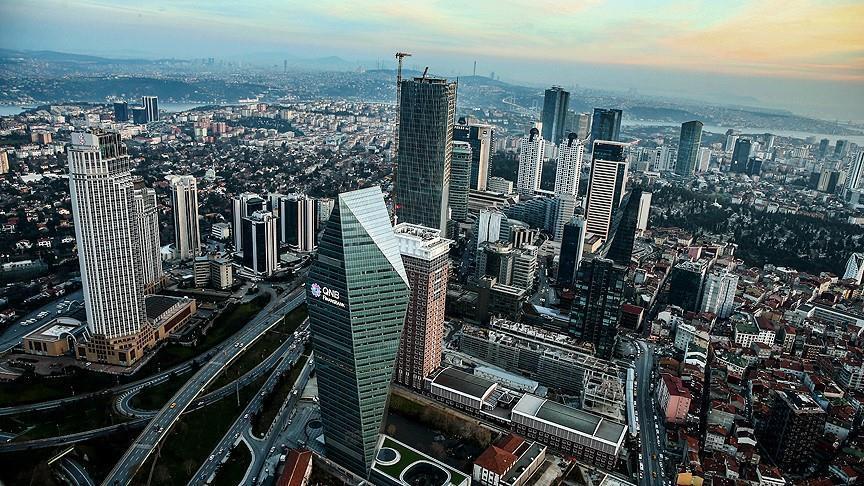
Many indicators have proved that the Turkish economy has adapted to the “new normalcy” amid the coronavirus pandemic despite a slower recovery in the tourism and service sectors, a report by the Istanbul Chamber of Commerce (İTO) has said.
“With the support of financial measures, the Turkish economy has managed to overcome the levels in the same period of last year in a short while of three quarters,” said İTO chair Şekib Avdagiç.
“Losses in the service sectors have been offset by a fast acceleration in the industrial sectors and a strong domestic demand. We should also underline that the recent recovery in the services sector is also promising,” he added, reminding that the first coronavirus cases in Turkey were detected in mid-March, and the government replaced daily life restrictions with health measures dubbed as “new normalcy” rules on June 1.
If the indicators stay in the positive territory in the final quarter of the year, the Turkish economy can diverge from its world peers by finishing the year with positive growth, Avdagiç said.
Turkey’s economy contracted 9.9 percent year on year in the second quarter of this year, following GDP expansions of 4.5 percent in the first quarter and 0.9 percent in overall 2019.
“Turkey, without being gripped by pandemic fears, managed to maintain production and keep wheels turning by taking the necessary protection and adequate measures. We have observed that economic damages caused by the pandemic are going downward. Meanwhile, we need to make sweeping and more intense efforts for sectors based on tourism, services sectors and stationery supplies sector,” the İTO president said.
In September, the sales of automobiles and light commercial vehicles soared 115.8 percent annually to 90,619 units, according to the second version of İTO’s “Pandameter” report.
Automotive production in Turkey this August surged 44 percent year on year.
In the first nine months, automobile sales increased to 494,000 from 281,000 in the same period of 2019.
Top international automakers – including Ford, Honda, Hyundai, Mercedes, Renault, and Toyota – have factories in Turkey, one of the world’s top auto sale markets.
Almost all of the automotive factories halted or slowed down business operations in several weeks of April and May when strict COVID-19 measures and weekend lockdowns were imposed by the government.
The report also said that 10 of 13 main economic indicators regarding the third quarter of the year pointed to annual growth.
In Istanbul alone, the total amount of taxes collected increased by 20 percent to 267 billion Turkish Liras ($33.8 billion).
The number of newly founded companies registered to the İTO membership database in the first nine months increased 15.3 percent to 40,856, the report said.
Residential property sales in the same period passed 201,000 - a 36.1 percent increase year on year.
On the other hand, exports from Istanbul have decreased by 14.2 percent to nearly $50 billion, mainly due to reduced demand in Europe.
The number of foreign tourists visiting the country’s largest metropolis decreased to 3.2 million in the January-August period from 9.9 million in the same period of 2019.